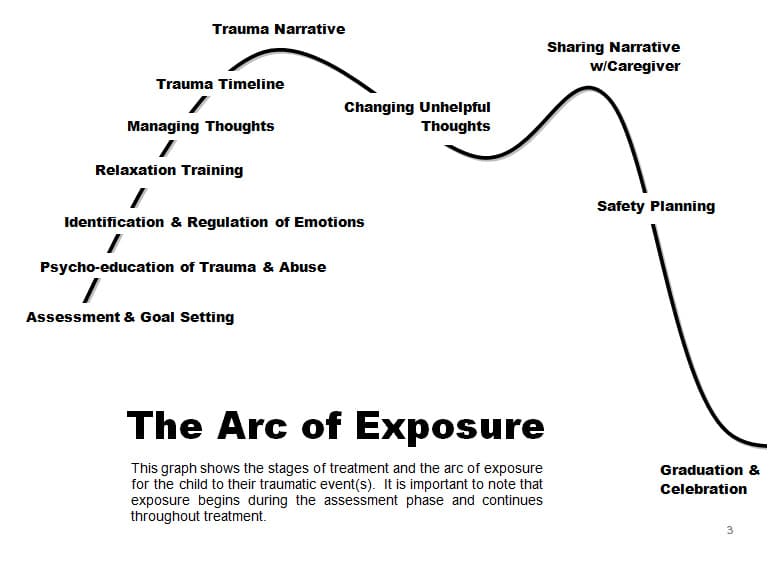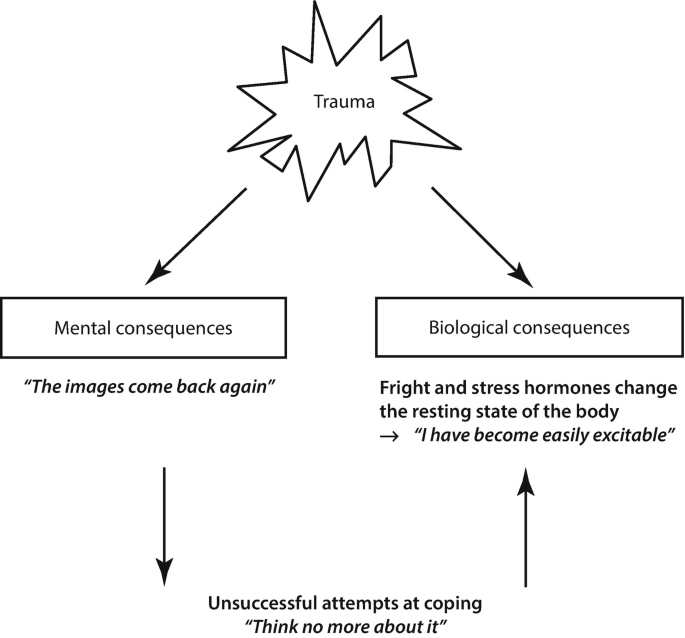Introduction
Storytelling is a deeply ingrained part of human culture, often serving as a means of communication, education, and entertainment. But storytelling’s impact extends beyond mere words—it can also be a powerful tool in healing, particularly for individuals recovering from trauma. The process of sharing one’s story, whether through writing, speaking, or artistic expression, allows individuals to process complex emotions, make sense of their experiences, and ultimately, find a path toward healing and resilience.
In therapeutic contexts, storytelling is used as a central component in narrative therapy. This approach enables trauma survivors to externalize their painful memories and experiences, gaining greater control over their emotions and the way they view their trauma. By reshaping their personal narratives, individuals are empowered to reclaim their stories, leading to healing, self-discovery, and a deeper understanding of their identity.
It has been an integral part of human culture for centuries, serving as a means to share experiences, convey values, and foster connections. In the context of trauma recovery, it can be a powerful therapeutic tool that aids individuals in processing and making sense of their experiences.
Read More- Changing the Narrative
Narrative Therapy and Trauma
Narrative therapy utilizes It to help individuals reframe their traumatic experiences, promoting healing and personal growth. By articulating their stories, individuals can externalize their problems, view them from different perspectives, and identify strengths and coping strategies.

The Psychological Benefits of Storytelling in Trauma Recovery
-
Emotional Processing- Trauma can overwhelm the mind, making it difficult for individuals to process their feelings and experiences. By telling their stories, individuals can begin to unpack the emotions associated with their trauma. This process helps to bring clarity and understanding to complex emotions, allowing people to move toward healing rather than suppressing their feelings. Research has shown that verbalizing or writing about traumatic events can significantly reduce psychological distress and anxiety (Pennebaker, 1997).
-
Empowerment and Agency- Trauma often leaves individuals feeling helpless or out of control. Storytelling provides an opportunity to regain control over the narrative. When survivors share their stories in a therapeutic setting, they can reframe their experiences, finding empowerment in their ability to overcome adversity. This sense of agency can be crucial in breaking free from the patterns of victimhood that trauma may impose.
-
Creating a Sense of Connection- Trauma can isolate individuals, making them feel alone in their suffering. Storytelling, particularly in group settings, fosters a sense of community and connection. When individuals share their experiences with others who have had similar struggles, it creates a shared space of mutual understanding and support. This is particularly beneficial in group therapy settings where hearing others’ stories can reduce feelings of isolation and promote solidarity among survivors.
-
Developing a New Sense of Identity- The process of storytelling allows trauma survivors to reconstruct their identities. Often, trauma can become internalized, leading individuals to define themselves by their pain and suffering. Through storytelling, survivors can change the narrative, positioning themselves not as victims but as resilient individuals who have the power to heal and grow. This process is crucial for building self-esteem and cultivating a more positive self-image.
Implementing Storytelling in Therapy
Therapists can incorporate it into treatment plans by encouraging clients to share their experiences in a safe and structured environment. This approach can be tailored to individual needs, utilizing various mediums such as writing, art, or verbal storytelling.

Conclusion
It serves as a valuable tool in trauma recovery, facilitating emotional healing, empowerment, and community support. Incorporating narrative practices into therapeutic settings can enhance the effectiveness of trauma treatment and promote holistic well-being.
References
Verywell Mind. (2021). How Storytelling Is Good for Your Mental Health. Retrieved from https://www.verywellmind.com/how-storytelling-is-good-for-your-mental-health-5199744
Time. (2022). How Strangers Use Storytelling to Help Others—and Themselves. Retrieved from https://time.com/6144918/storytelling-circles-benefits-pandemic-anxiety/
Subscribe to PsychUniverse
Get the latest updates and insights.
Join 3,045 other subscribers!
Niwlikar, B. A. (2025, May 2). The Healing Power of Storytelling: 4 Ways of Transforming Trauma Through Narratives. PsychUniverse. https://psychuniverse.com/healing-power-of-storytelling/




Pingback: 5 Important Alternative Mental Health Practices and Their Insightful Benefits - PsychUniverse